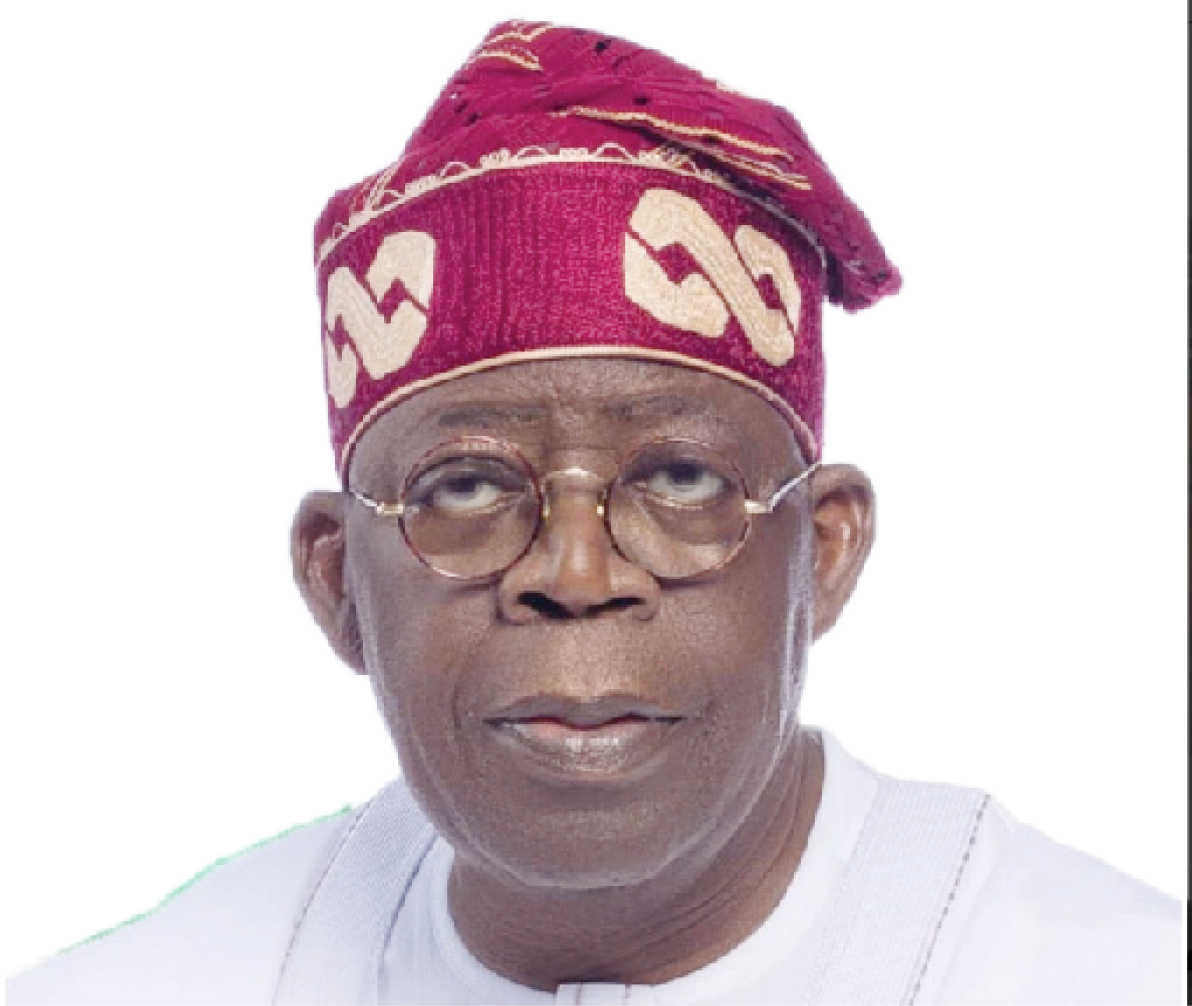“We can see the effects of poverty on the faces of our people. Poverty is not hereditary; it is from society. Our position is to eliminate poverty. Set aside partisan politics, we are here to deliberate about Nigeria and nation-building,” – President Bola Tinubu
President Tinubu’s words above struck a unique chord on this nagging issue of poverty. He stated a view that I have espoused and shared on this page and elsewhere: that poverty is a product of the environment, and since the government is the greatest influencer in a country, it is equally correct to declare the government is responsible for poverty. I have argued that it is governments that cause poverty (whether directly or indirectly) and that being so, it is governments also that can tackle it.
The president spoke on June 7, 2023, at his first meeting with members of the governors’ forum. That was quite significant given that his audience comprised the governors, a number of whom had just been elected. I believe a good number of them have their plans to deal with this challenge.
But we have seen from experience that there is more to such a mission than a mere declaration. The previous administration told Nigerians that 10 million of the country’s poor would be pulled out of poverty each year for a period of 10 years. Perhaps the figures are still being compiled by the appropriate agencies, but I doubt if we have anything approximating that. Definitely not.
- We’ll airlift all Nigerian hajj pilgrims before deadline – Flynas
- Hoodlums beat, tear protocol officer’s shirt during assembly inauguration in Niger
The reality of poverty in Nigeria today is evident everywhere – in the villages as well as the cities. Poverty used to be a village phenomenon, with many people in our rural communities considered poor. That concept of poverty was a relative measure, as rural dwellers were compared with few city dwellers, who by the standards of the past were considered well off.
That concept of poverty has changed. Poverty has followed the migrating rural dweller to the city. So today, there is poverty in the village as well as the city or urban areas, giving rise to the concept of the urbanization of poverty.
It is evident on a majority of Nigerians, written all over their faces. Many of our people look lean, forlorn, emaciated, impoverished, beggarly, moving about with long, dry faces.
Contrast these features with the glistering faces of our politicians and very senior government officials. Judging from their shining faces and smooth skins, you could hardly associate them with some hunger or poverty-stricken Nigerians that you would rather believe they are from other horrible parts of the globe. Yet, they are Nigerians, sharing the same rights with the glistering big men and women.
This is why this administration now carries an extra burden when it comes to fighting poverty. In a zero-sum society like ours, marked by a great divide between those who have and those who have not, fighting to reduce or eliminate poverty will require a fundamental restructuring of the economy and the polity, and how the two mesh to allocate the goods of the land.
Eliminating poverty cannot be achieved from the fringes of the policy framework. It has to occupy a central place in it because, in the first place, the situation is the consequence of the overall economic arrangement that favours some while denying others even a place to stand in the marketplace.
The poor, who all their lives have been excluded from the mainstream economic system, cannot be integrated by an afterthought or appendage in the name of government policy. Without this fundamental understanding, government officials will draw up programmes that align with their whims while leaving the root cause of the problem intact.
Therefore, the new administration must walk the talk. There are brands or types of poverty in existence and each requires proper identification, analysis, and dimensioning. The poverty in the villages is different from that in the cities, so each must be treated differently. But we have seen both being lumped together in so-called poverty alleviation programmes.
That is why when people talk about “palliatives” in the context of anti-poverty measures, anyone who understands how these things work shudders in disbelief. Even in the current case of petrol subsidy removal, the apostles of palliatives are at it again, demanding for one form or the other. Palliatives at best treat symptoms. Despite the failings of previous examples of such measures, it is a surprise that these people are still making such demands. But I believe that the time has come for more fundamental approaches to be applied to this critical issue so that our nation can be seen to be making progress on this.
A government that cares about the plight of its people will seek the right policies to address it, but unfortunately, the ultimate policy deployed may be out of sync with the reality on the ground. That is why a government that is averse to poverty will care about its policy mix to avoid unintended effects that rather provoke further poverty and push more citizens into it.
Many of the citizens currently living below the poverty line are actually victims of policy mismatch. To the extent therefore that people are swimming in penury in a country, to that extent can the government be held responsible for either negligence or policy inefficiency, or both.
In this regard, the World Bank has produced a number of scenarios, but there is none that is hardly pleasant. For instance, citing the country’s deteriorating economic environment, which it said is leaving millions of Nigerians in poverty, the bank in one of its reports declared that between 2019 and 2025, the number of Nigerians leaving below the poverty line will rise by 13 million.
Perhaps an early start could work for the new administration to reverse the trend. But it will take more than words to achieve this.




